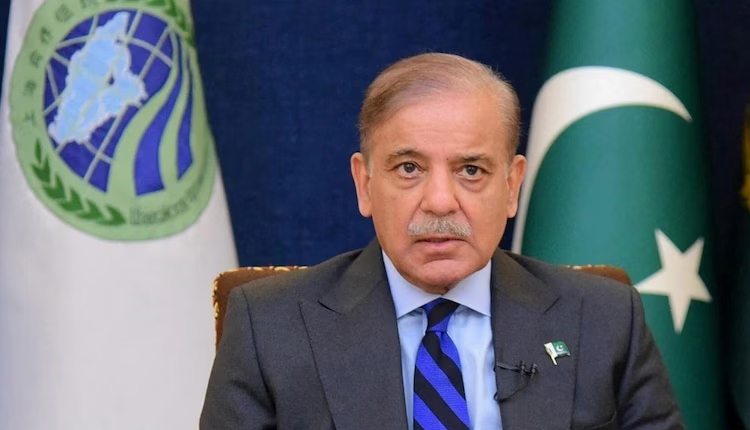Islamabad: Pakistani leaders have repeatedly voiced concern about India’s suspension of the Indus Waters Treaty (IWT), and tensions have increased after an intense debate on the matter in the Pakistani Senate on May 23. Senator Zafar, from the opposition Pakistan Tehreek-e-Insaf, said that stopping the treaty would endanger the entire nation. The announcement comes after Pakistani politicians, including Bilawal Bhutto-Zardari from the PPP, issued strong statements about water restrictions.
During his address to the Senate, Zafar claimed that water shortages are as grave a challenge for Pakistan as terrorism. They are a major conflict for the country. In the 21st century, the struggle for water will define many wars, as we are seeing happening right now. In his statement, he described Pakistan as a country facing serious water problems because of climate change and population growth.
Zafar cautioned that letting the water crisis continue could result in widespread hunger because the Indus Basin is so vital to Pakistan. The majority of our water comes from sources outside of the US. Most people in the country earn their living from the Indus Basin. 90% of crops are grown with water from this river, he added, pointing out that dams and power projects also rely on it. “This is a ticking time bomb over our heads, and we must work now to secure our water,” he stressed.
After being signed under World Bank guidance in 1960, the IWT divided the western rivers—Indus, Jhelum and Chenab-between Pakistan. It also gave India control over the eastern rivers—Ravi, Beas and Sutlej. Over the course of three wars and many years of tension, the treaty continued to provide about 80% of the Indus system’s water to Pakistan for agriculture and energy. On April 23, 2025, India ended the treaty after pointing out Pakistan’s suspected backing of the cross-border attack in Pahalgam, Kashmir, which left 26 dead.
Zafar said that India has a history of using water as a tool against Pakistan. He states that India moved the Radcliffe Line at the last minute in 1947 to take control of the Firozpur Barrage from Pakistan. He stated that the dispute remained unresolved, allowing India to maintain its strategic advantage over water.
Pakistan responded to the treaty suspension with strong and angry statements. On April 25, 2025, Bilawal Bhutto-Zardari, speaking at a rally in Sukkur, expressed, “The Indus belongs to Pakistan, and the river will either bring us water or their blood.” Pakistan is now shifting its language to be more peaceable, such as when it requested India on May 15 to rethink its decision to suspend flights.
Pakistan’s Minister of State for Law and Justice, Aqeel Malik, has announced that Pakistan may register legal complaints with the World Bank, the Permanent Court of Arbitration or the International Court of Justice, as it believes India has broken the 1969 Vienna Convention on Treaties Law by stopping trade on its own. Islamabad says this move counts as an act of war, and the country has threatened to cancel agreements with India, including the 1972 SIMLA Agreement.
Experts say that India cannot stop water flowing to Pakistan at once because its main energy comes from run-of-the-river hydropower. Still, this suspension allows India to build dams and diversion projects that may impact Pakistan’s water supply when it needs water most. Since climate change has created water shortages, Pakistani farmers are concerned about severe harm to their fields, as agriculture counts for a large percentage of their economy.
There is a growing tension in the Pakistani Senate as they get closer to the sowing season. By urging action to “defuse” the crisis, Zafar shows that he sees the major threat from disrupted water in the Indus as real, since this system provides water for 90% of Pakistan’s crops and a third of its power. Following the tensions and the arrival of a ceasefire on May 10, 2025, India has not withdrawn its stop on the treaty until sure proof shows Pakistan has stopped supporting terrorist activities.
The decision to suspend IWT is one of several moves made after Pakistan was blamed by India for the Pahalgam attack, which Pakistan rejected. Further problems have appeared between the countries due to closing border posts and cancelling visas. Pakistani leaders have to find both local and international ways to restore the Kartarpur Corridor’s framework during this tough time.
It reveals that water security and geopolitical factors are closely connected in South Asia. This is especially since the Indus River continues to be a central tension factor between the two countries.



Comments are closed.